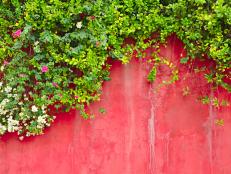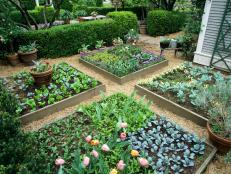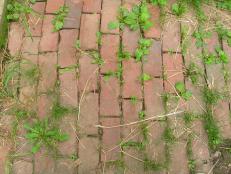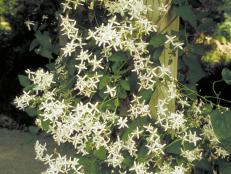1 / 11
Photo: Shutterstock/XiXinXing
The Garden Is a Great Place to Start
If the health of the planet is a concern, one of the best ways you can do your part to help the environment is by using responsible and impactful garden strategies in your home garden. Find out how even small gestures can yield important results, just in time for Earth Day.












